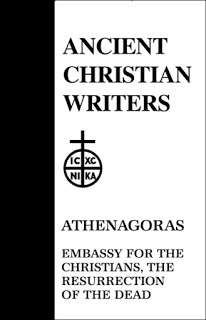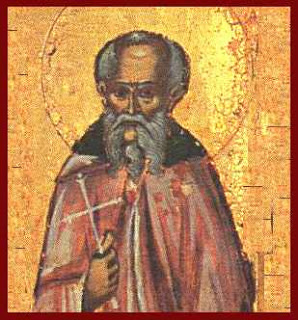Much of the contemporary debate on sanctification stems from Gerhard Forde’s essay “the Lutheran View of Sanctification”, published in the volume Five Views on Sanctification, and republished in The Preached God (these are the page numbers I will be referencing). This article has not only influenced the liberal to moderate circles of which Forde himself was involved, but conservative Lutheranism, and even certain Reformed writers. Forde’s main thesis is that sanctification is simply “the art of getting used to justification.” (226) Forde’s contention is... Read more















